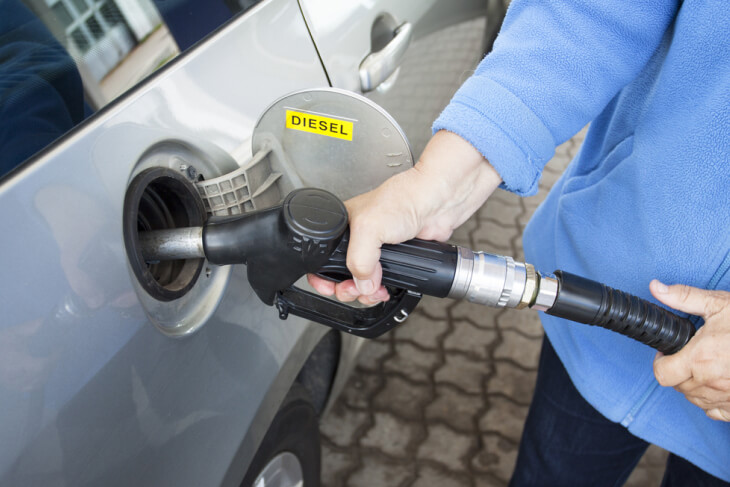If you have a diesel car, then you might have seen something to do with the DPF filter. But if you don’t have one and are interested in buying a diesel car, then it might be something new to you. It’s something you’re going to have to understand though. So we’ve put together this guide to explain everything you need to know about DPF filters.
What is a DPF filter?
DPF stands for diesel particular filter. This is inside your car’s system and filters out soot from that’s produced by the combustion of your car’s engine. This filter is to help reduce the dirt or pollution produced by your car, helping your vehicle to be cleaner and lessen the score on the emission tests.
The filter collects all this dirt or soot and it builds up over time. To keep the filter efficient, this soot needs to be “burned off” every now and then. This is called the regeneration process and it happens cleanly as you operate the car. If it doesn’t, this can greatly affect the efficiency of your car and the quality of the emissions.
Does every diesel car have a DPF filter?
DPFs are not mandatory at the time of writing, but the strict regulations on emissions set by the EU mean that most diesel cars produced since 2009 have some form of filter. Without one, it’s almost impossible to hit the targets.
How the DPF cleans itself
The DPF burns off the soot in the filter through regeneration – both passive and active. Passive regeneration works when the exhaust heats up to 500 degrees, hot enough to burn off any excess soot. You have to be driving at over 40 mph for over a quarter of an hour for this to kick in. Active regeneration requires use of some fuel. When the filter is 45% full, this extra fuel burns up and helps disintegrate the soot. Again, this requires a long journey to help generate the heat needed to destroy the soot.
Maintaining your DPF filter
Your DPF filter should be able to clean itself, but if there is a fault then your car should be able to let you know. A warning light will display on the dashboard if your DPF is unable to properly burn off the soot inside. The icon is a box with solid dots inside it, with an exhaust coming out of one side. If you can’t clean it yourself through the car’s own systems, then some garages will be able to clean it for you.
There are some suggestions that the DPF filter can affect the performance, so the more mechanically minded might try and remove it. But this is illegal, and you can end up with a fine of up to £1,000.
Are there any issues with cars fitted with DPF filters?
It’s widely known that driving short distances at low speeds can lead to the DPF filter becoming clogged more often. So, if you are a driver who only does short trips around town, then you may have this issue more often than you might like.
This can lead to some manufacturers recommending you switch to a petrol or hybrid option if they know you are only going to be use your car for city driving.
So if you are on the road for long distances, then a diesel car with a DPF filter is more suitable, than someone just driving around town. Something to bear in mind!





 Facebook
Facebook Twitter
Twitter Instagram
Instagram LinkedIn
LinkedIn Youtube
Youtube